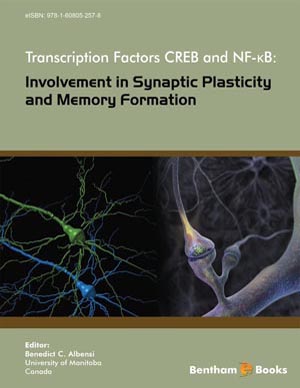Abstract
There are number of lines of evidence that the neurotransmitter norepinephrine (NE) might be very important in pathophysiology of anxiety and mood disorders. Firstly, NE projections innervate the limbic system, suggesting the involvement of NE in the regulation of emotions and cognition. Secondly, NE interacts with serotonin (5-HT) and dopamine (DA) systems, which also play very important roles in the regulation of mood. Thirdly, it has been shown that various agents for increasing NE availability, such as NE reuptake inhibitors, are also effective antidepressant drugs. And fourthly, the depletion of NE can result in the relapse of depression after successful treatment with antidepressant drugs. All these pieces of evidence suggest that the stimulation of NE transmission can be beneficial in the treatment of affective disorders. However, different psychiatric medications have distant effects on NE transmission. The current chapter analyses the effect of psychiatric medications on NE system and proposes how the treatment outcome might be improved.
Keywords: Norepinephrine (NE), serotonin (5-HT), locus coeruleus (LC), depression, anxiety, antidepressant drugs, mood stabilizers, selective serotonin reuptake inhibitors (SSRIs), electrophysiology, α2-adrenergic receptosr, serotonin-2A (5-HT2A) receptors.















